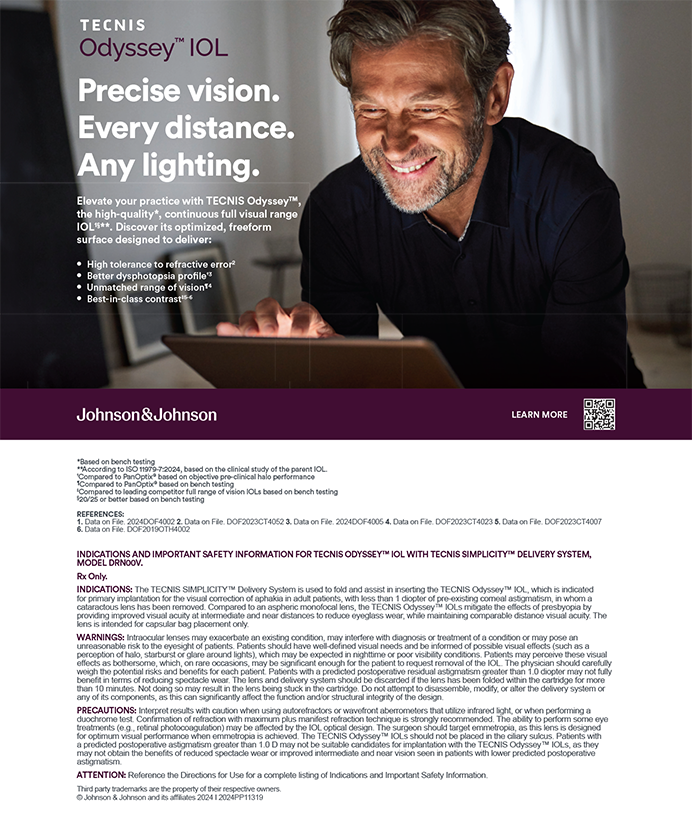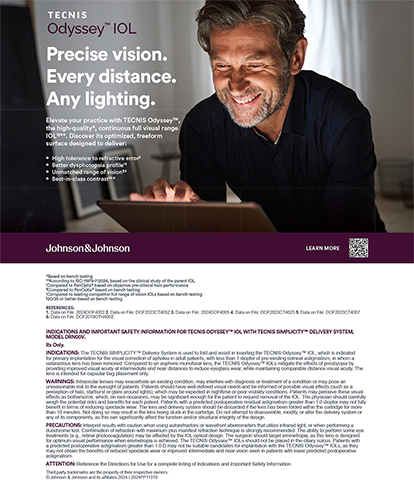The personal computer has become integral to the daily lives of millions of people. Not surprisingly, it has spawned many products and companies that support it, from furniture to software and, of course, repair. Back in 1994, a young computer engineer founded a computer repair company with $200 and called it the "Geek Squad."1 Twelve years later, he sold the company to electronics retailer Best Buy Co., Inc. (Richfield, MN). Today, the Geek Squad employs 12,000 "agents" and is the largest computer repair outfit in North America.2
With thousands of local computer repair shops available to PC users, the rise of the Geek Squad to national prominence is a great example of the Experience Economy3 at work. Geek Squad founder and "Chief Inspector" Robert Stephens did more than repair computers. In building a brand name for his company and its services, he elevated his offering for customers by taking the mundane (a computer repair service) and making it memorable for employees and customers alike.3 Following are a few examples of the Geek Squad's ingenuity that are directly applicable to refractive surgery.
WORK AS THEATER
Stephens recognized the value of associating his service with an identifiable theme; in this case, law enforcement. Geek Squad employees aren't computer repairmen, they're "Special Agents." Repair locations are known as "precincts" that are run by a "Precinct Chief" and staffed by "Counter-Intelligence Agents." Special agents are appropriately costumed in white short-sleeved shirts and black clip-on ties, and they carry ID badges (Figure 1). They have specific scripts and roles, flashing their badge when they arrive at a home and recalling lines from TV's Dragnet: "Step aside, Ma'am…" They even drive Geekmobiles, Volkswagon Beetles deliberately designed to look like police cars (Figure 2).
The concept of employees playing specific roles in the practice is not new. The Geek Squad is exemplary, however, because it turned its approach into a form of theater with its humorous theme. Refractive surgeons should take a look at how they literally "stage" the various patient experiences in their practices, from consultation to preoperative preparation, surgery, and follow-up. If the customer experience can be enhanced in computer repair, it can also be done in a medical environment.
THEMES
When used well, themes can provide a framework for a business' physical environment as well as for how employees interact with customers. Sometimes the theme is more overt, such as in Walt Disney World; other times, it's expressed more lightheartedly, as the Geek Squad does with humor.
One benefit of having a theme is that it gives your practice a basis from which to make decisions that affect the customer experience. With a theme in place, you can focus on the impressions you want to give your customers. Geek Squad agents try to be "truly expert," "most considerate," "matter-of-fact," and "fun to be with."3 How do you make impressions with customers? Through the senses. What do patients see when they walk through the front door of your practice? What do they hear, smell, and touch during the course of their visit? Impressions can be either positive or negative.
A valuable exercise for assessing your practice's sensory environment would be to have members of your staff pretend to be a patient visiting for the first time. Taking a mental assessment has become second nature to me whenever I visit a practice, and I do not often have trouble finding a host of negative cues, from dirty coffee stations to poorly organized wall d?cor to unsanitary chin rests. I believe that such seemingly minor drawbacks can have a profound adverse effect on patients' impressions of a practice, and eliminating them should be high priority for any office seeking to improve its customer experience.
SIGNATURE MOMENTS
While services focus on what workers do, experiences focus on how workers do what they do. By intentionally creating what are called signature moments,3 you give the customer a lasting, positive memory of his experience with you. For customers of the Geek Squad, signature moments include the flashing of the special agent's badge upon arrival, the handling of software disks (carefully, like special evidence at a crime scene), and the finale to the service call, when the special agent unlocks his Geekmobile and tosses a t-shirt to the customer. A memorable moment reinforced by memorabilia—t-shirts for a computer repair!
Refractive practices have ample opportunity to create signature moments. First, consider what you would like your patients to remember about their visit with you, and then let those items dictate how you create signature moments. Many practices already do this to a degree with their LASIK patients, when they celebrate the moment the patient sits up from the laser and can read the clock for the first time. Use this example to expand your repertoire of moments within the practice. Just don't go overboard—having too many signature moments will dilute their impact.
BEING ONSTAGE
The Geek Squad's operational strategy illustrates how to create value by turning an ordinary service into an extraordinary experience. The Geek Squad proved the sustainability of its approach to the service business—conventional wisdom would have wagered that the corporate giant Best Buy would have squashed the Geek Squad's concept and culture. In fact, the opposite has happened, and the company's special agents and Geekmobiles can easily be found at Best Buy stores nationwide. The Geek Squad has not only retained its identity within the larger Best Buy corporation but has also helped Best Buy achieve its goal of becoming much more customer-centric in its approach to the electronics retailing business.4
Does your practice shine under the spotlight, or do you expose your consumer audience to what's happening backstage? In a world where you are competing for consumers' attention as well their dollars, it makes sense to elevate how you deliver your services.
Shareef Mahdavi works with leading medical device manufacturers and providers to increase demand for elective medical procedures. His columns on refractive marketing and his e-newsletter on improving the customer experience are available at www.SM2consulting.com. Mr. Mahdavi may be reached at (925) 425-9900.


